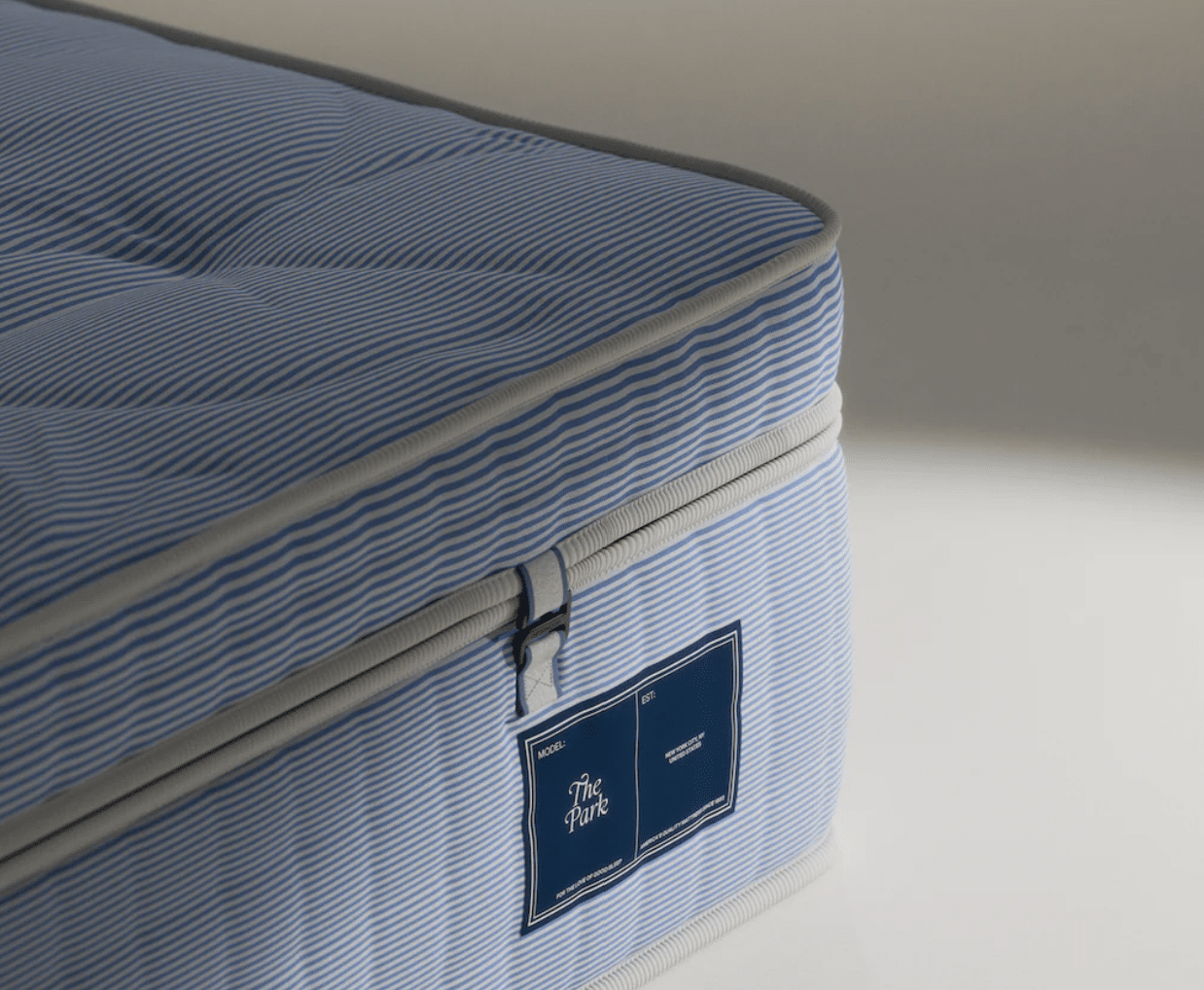Cheat Sheet to Understanding Different Types of Insomnia
Understanding the Different Types of Insomnia
Insomnia can often feel overwhelming, especially when trying to understand its various forms. Learning about the different types of insomnia is essential for finding effective treatment options. Insight into these categories can empower you to manage your sleep issues more effectively and enhance your overall well-being.
Types of Insomnia: Key Insights
– Primary Insomnia: This is a standalone condition where sleep difficulties occur without any underlying health issue. Individuals may struggle to fall asleep or maintain sleep, but no medical cause can be pinpointed. Treatment usually revolves around improving sleep hygiene and cognitive-behavioral approaches.
– Secondary Insomnia: Unlike primary insomnia, this type is connected to other health issues, medications, or lifestyle factors. Conditions like anxiety, depression, or chronic pain often lead to secondary insomnia. The key to addressing this type lies in treating the underlying problem.
– Acute Insomnia: Usually short-lived, lasting from just a night up to a few weeks, acute insomnia can be triggered by life stressors such as job changes or environmental disruptions. Understanding that acute insomnia is often normal and temporary can bring some relief while navigating through stressful times.
– Chronic Insomnia: This long-term condition is characterized by sleep disturbances occurring at least three times a week for three months or more. It may require a more comprehensive treatment plan, involving lifestyle modifications, medication, and therapy. Chronic insomnia is often linked to other sleep disorders, like sleep apnea.
– Sleep-Onset Insomnia: Individuals with this form of insomnia struggle to fall asleep at the beginning of the night. Stress, anxiety, and even consumption of caffeine can exacerbate this issue. Addressing psychological factors and lifestyle choices is key to overcoming sleep-onset insomnia.
– Sleep-Maintenance Insomnia: Those affected by maintenance insomnia have trouble staying asleep, often waking up too early with an inability to fall back asleep. This can lead to feelings of fatigue and irritability throughout the day. Medical conditions like GERD or sleep apnea often play a role in this type.
– Behavioral Insomnia of Childhood (BIC): This category impacts children and is usually tied to bedtime resistance or specific habits that can complicate sleep. Behavioral interventions can help, focusing on establishing consistent routines and positive sleep environments.
Understanding these types of insomnia is crucial for finding the right treatment and improving sleep quality.
Causes of Insomnia
A multitude of factors can contribute to insomnia, ranging from psychological distress to lifestyle choices. Here are some primary causes:
Stress
Life events, both big and small, can create stress that affects sleep quality. Elevated stress levels trigger hormones that make it difficult to unwind at bedtime.
Environmental Factors
Your sleep environment is paramount. Excessive noise, bright lights, or uncomfortable temperatures can disrupt sleep quality significantly. Consider evaluating your sleeping space for optimal conditions conducive to rest.
Medical Conditions
Several chronic medical conditions can lead to insomnia, including:
– Gastroesophageal Reflux Disease (GERD): Symptoms can disrupt sleep.
– Sleep Apnea: Characterized by interruptions in breathing during sleep, leading to frequent awakenings.
– Chronic Pain: Conditions like arthritis can make it difficult for individuals to find comfort during the night.
Psychiatric Conditions
Mental health disorders, especially anxiety and depression, are commonly linked to poor sleep. They can exacerbate sleep disturbances, creating a cycle that perpetuates insomnia.
Medications
Be cautious with medications as many can interfere with sleep. Common culprits include antidepressants, decongestants, and some over-the-counter sleeping aids.
Lifestyle Factors
Daily habits can also significantly impact your sleep patterns. Here are some contributors:
– Caffeine and Alcohol: Both can negatively affect sleep quality. Caffeine can keep you alert long after consumption, while alcohol can disrupt sleep cycles.
– Irregular Sleep Schedules: Frequently changing your sleep and wake times can confuse your body’s internal clock.
– Lack of Physical Activity: Regular exercise is vital for good sleep, but exercising too close to bedtime can have the opposite effect.
Recognizing these causes is critical for tailoring effective treatments.
Symptoms of Insomnia
Insomnia can manifest in various ways, and recognizing these symptoms can help in seeking timely intervention:
Daytime Sleepiness
Feeling excessively tired during the day, even after adequate sleep, is a common indicator of insomnia. This can lead to difficulty functioning, reduced productivity, and increased accident risk.
Fatigue
Persistent fatigue can sap your energy, making tasks seem daunting. Unlike ordinary tiredness, this overwhelming sense of weariness can interfere with daily life.
Mood Swings
Experiencing heightened irritability or anxiety often accompanies insomnia. Poor sleep can worsen mood conditions, complicating social interactions and work relationships.
Concentration Issues
Insomnia commonly impacts focus, aligning you with a higher likelihood of mistakes in work or daily responsibilities.
Memory Problems
Inability to recall details or keep track of tasks can stem from insufficient sleep levels.
Recognizing these symptoms can be crucial for understanding how insomnia is affecting your life and for what treatment might be necessary.
Diagnosing Insomnia
Proper diagnosis of insomnia often involves several knowledgeable steps:
Physical Exam
A physical examination allows healthcare providers to exclude potential medical causes of insomnia, such as thyroid issues or other health concerns.
Medical History
Discussing your medical history, including past illnesses and medications, helps to pinpoint factors contributing to sleep issues.
Sleep Diary
Maintaining a sleep diary can aid in identifying patterns and specifics regarding your sleep habits, leading to a more accurate diagnosis.
Sleep Study
For persistent or severe cases, a sleep study (polysomnogram) may be necessary to monitor various bodily functions during sleep. This helps diagnose underlying disorders like sleep apnea.
Understanding these diagnostic steps can ease the apprehension of seeking help for insomnia.
Treatment Options for Insomnia
Effective treatment strategies for insomnia generally fall into multiple categories:
Cognitive-Behavioral Therapy (CBT)
This is often the first-line treatment approach, aiming to change negative thoughts and behaviors that fuel insomnia. Important components include:
– Sleep Hygiene Education: Focused on creating a sleeping-friendly environment and behaviors.
– Cognitive Therapy: Shifting negative sleep-related thoughts into positive affirmations.
– Relaxation Techniques: Including meditation and deep breathing to reduce stress.
Medications
While medications can be effective in managing insomnia, it’s essential to consult a healthcare provider first. Common options include:
– Sedative-Hypnotic Drugs: Such as zolpidem (Ambien) for immediate sleep aid.
– Sedating Antidepressants: Medications like trazodone can improve both mood and sleep.
– Antihistamines: Though they may induce sleep, be wary of next-day effects.
Lifestyle and Behavioral Modifications
Incorporating lifestyle changes can also help combat insomnia. Here are some recommendations:
1. Regular Exercise: Promotes overall better sleep but avoid exercising close to bedtime.
2. Sleep Hygiene: Develop consistent sleep schedules and relaxing bedtime routines.
3. Trial Dietary Adjustments: Limit caffeine, alcohol, and heavy meals close to bedtime.
Utilizing these strategies can significantly improve sleep quality and mitigate insomnia’s impacts.
Preventing Insomnia
Preventing insomnia begins with cultivating good sleep habits:
Consistent Sleep Schedule
Sticking to a regular sleep and wake schedule helps keep your internal clock in sync.
Relaxation Techniques
Developing a calming pre-sleep routine assists in preparing your mind for rest.
Bedroom Environment
Ensure your bedroom is conducive to sleep by keeping it dark, quiet, and cool to optimize your sleeping conditions.
Mindfulness and Stress Management
Implementing relaxation techniques helps lower stress levels, paving the way for better sleep.
By practicing these preventive measures, you can enhance your sleep quality and stave off insomnia more effectively.
Conclusion
Insomnia is a multifaceted condition that can detrimentally affect your daily life. By understanding the various types of insomnia, such as primary, secondary, acute, and chronic insomnia, you can better identify your specific challenges and find suitable interventions. Prioritizing sleep is essential for optimal health, as the implications of insomnia can extend into serious health issues and emotional struggles.
At Yawnder, we are committed to helping you achieve restorative sleep with our expert guidance, reviews on sleep products, and personalized recommendations for your unique needs. Whether you are currently battling insomnia or just seeking to enhance your sleep hygiene, know that better sleep is within reach. Your journey toward improved sleep starts with knowledge, understanding, and taking proactive steps toward resolution. Don’t hesitate to seek help; addressing your insomnia can transform your nights and invigorate your days.


















